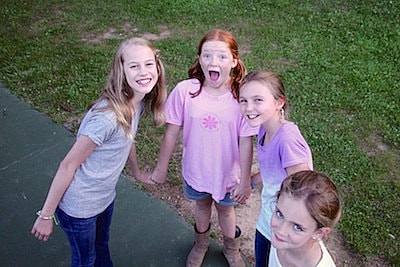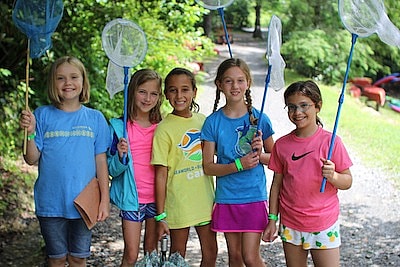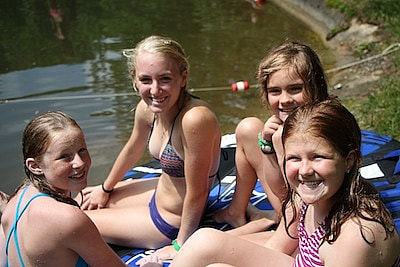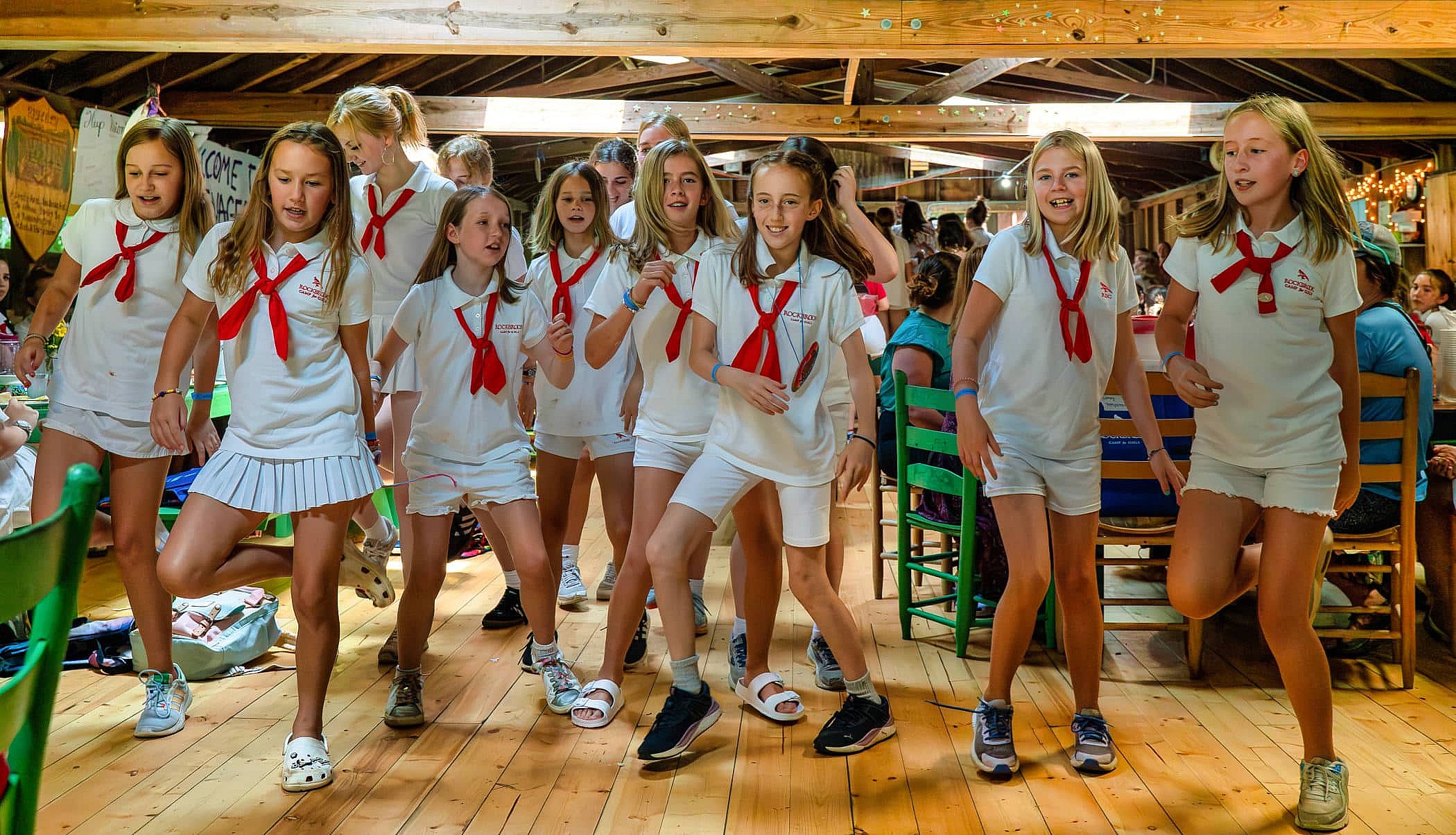
While reading through the newest American Camp Association’s Camping Magazine, one article in particular caught my attention. The article, CAMP: The Old Neighborhood for a New Generation by Jolly Corley, suggests that with school schedules more intense than ever before, it may be that kids are more intellectually stimulated than previous generations. However, today’s youth may be missing out on learning valuable life skills. Skills such as conflict management, problem solving, leadership and decision making. Skills which are learned most effectively through free play. Corley suggests that today’s generation needs unstructured play time more than children of past generations.

The best place to practice these life skills is camp. While American neighborhoods used to be the perfect setting for free play, this is no longer the case. The old neighborhood was a place “where kids were free to play from the time they finished chores until they were called inside for dinner.” An old neighborhood was one where children played free of adults, with kids of all ages, and often made up their own games and rules. A neighborhood which still very much exists at camp. This neighborhood is one that allows campers to practice developing soft skills that are necessary to succeed in life.

Every day at camp, campers are able to play with one another free from the interference of adults. These interactions enable them to develop interpersonal skills that the typical school environment may not allow them to. For example, a group of campers may decide that they want to play tennis during their free time. Without adults telling them what to do, it is necessary for them to decide how to split up. Will they play doubles or singles? Who will be on each team? Once the game gets going, they are in charge of regulating it. Was that ball in or out? Allowing campers to work these things out on their own will help them build lifelong skills in decision making and conflict management.

In addition to these skills, campers are also able to learn leadership skills through play with different age groups. Free play with younger children provides an opportunity for older children and adolescents to “practice nurturance and leadership.” Coley also explains how playing with older children can help younger ones to “problem solve in ways that are more sophisticated than what they are developmentally capable of if left on their own or playing with children of their same age.” The soft skills that children gain through free play are necessary for those who are going to see success later in life.

Never has the camp experience been as important as it is today. Gone are the days that children can roam around with the neighborhood kids playing pick up basketball games and hide-and-seek. Their schedules are rigid, their school work is more demanding than ever, and many parents fear leaving their children without adult supervision. This is where camp comes in. Camp creates an environment similar to the old American neighborhood, and it’s a safe one. Children practice skills such as problem solving, conflict management, and leadership through free play with other children of all ages. Most importantly, they don’t even realize that they’re doing it. They’re having the time of their lives, and they’re growing exponentially.


0 Comments
Comment section